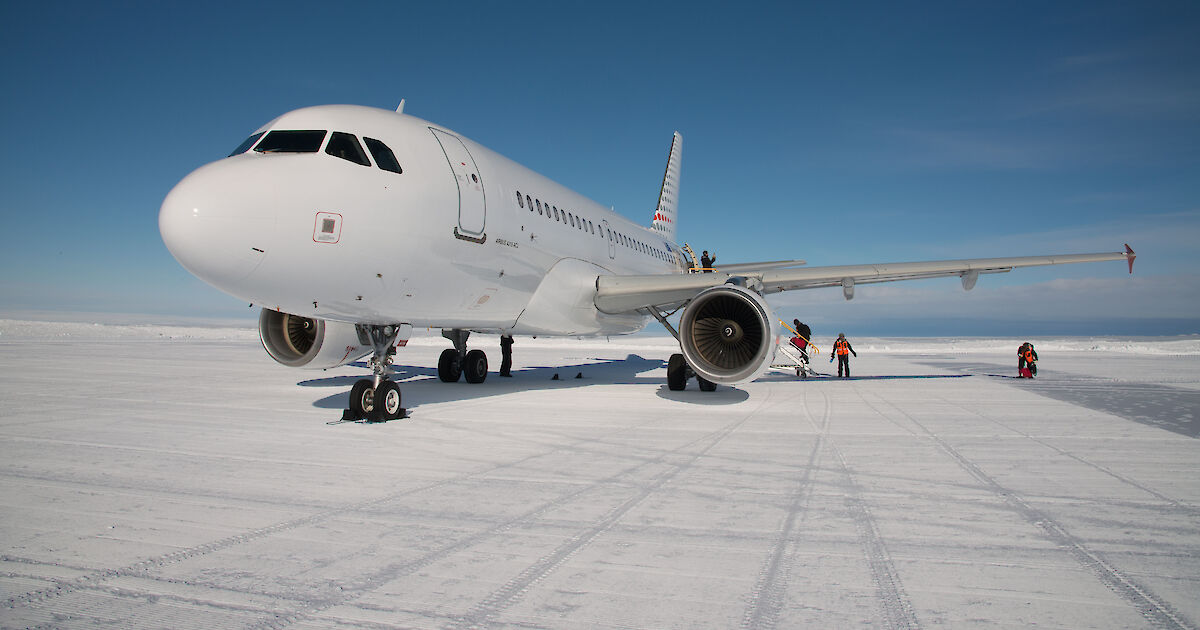Maintaining connectivity with Antarctica, arguably one of the most hostile environments on Earth, is a colossal endeavor.
With no native population, sustaining the scientific community there necessitates the transportation of resources by sea or air. Recently, the BBC reported on the ongoing endeavor to enhance the airstrip of a British research station, highlighting the challenges involved.
The British Antarctic Survey is undertaking the modernization of the 32-year-old airstrip at its primary facility, the Rothera Research Station.
Situated on Adelaide Island off the west coast of the Antarctic Peninsula, this biological research center accommodates 22 individuals during the harsh winter, when temperatures plummet to -128.6 degrees Celsius.
In summer, as temperatures become milder, the population swells to 100. However, even during this relatively more hospitable period, completing the airstrip upgrade is no easy task due to inclement weather conditions.
Maria Gonzalez Rico, the lead designer of the Rothera Runway project from the engineering firm Ramboll, experienced firsthand the challenges posed by Antarctic weather.
Walking along the 900-meter-long runway for inspection, she struggled against powerful winds, which transformed what would typically be a 10-minute stroll into a half-hour battle. Despite the adversities, Gonzalez Rico found solace in the breathtaking surroundings on calmer days.

The runway at Rothera is constructed using locally sourced crushed rock, a practical choice given Antarctica’s logistical constraints.
The rocks are graded by size and bound with seawater, which evaporates over time, leaving behind salt that solidifies the surface. However, the project encounters additional hurdles, including snowstorms and interactions with local wildlife.
While penguins and seals are a common sight, strict protocols govern human-wildlife interactions to prioritize the animals’ well-being.
Trained personnel are deployed to relocate seals or penguins if necessary, adhering to a limit of five relocations per species per day. Respect for the wildlife’s habitat underscores the importance of responsible stewardship in Antarctica.
The operational resilience of humanity’s southernmost outposts is truly remarkable, facilitating ongoing research activities and even recreational pursuits like snowboarding during leisure time. For a comprehensive exploration of life and work at Rothera, readers are encouraged to delve into the BBC’s in-depth feature.
Also read: JetBlue Unveils JFK Terminal 5 Skywalk: Enhancing Travel Experience

